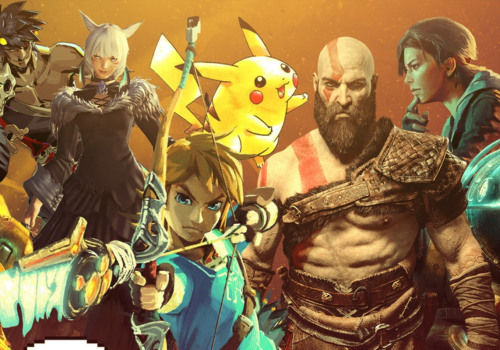Whether watching a video game, playing multiplayer online games, or even playing against a computer, video games create a community, as they provide a virtual form of interaction and a medium for “social networks”. In the modern age, almost every game on your laptop, Xbox, or PlayStation, even the games on your phone, offer an online community. In-game interaction has become a crucial part of the gaming experience, as it has opened the door to playing as a team or simply in one-on-one battles with our friends while we chat. When you think of somewhere where people spend time online dedicating themselves to their passion and doing so with a like-minded community, you'll probably think of social media.
But this is just as applicable to games, since games aren't an industry, a category, or even a media channel. Games are social networks; a network of people who focus on doing something they love and sharing their interests with others. It's done because, since everyone on Instagram competes for more followers, the same principle applies to online games. Plus, if you don't necessarily have a favorite streamer, you might love watching others play your favorite games.
Online gaming companies saw an excellent opportunity for growth and, as a result, the gaming industry changed radically. In the old days, team play had to happen with everyone sitting close to point out the patterns and the game plan. For example, “personal hygiene” occurs when a stranger in the game shows a lot of interest in your child or someone else in the game and offers you rewards in the game or constantly tells you how good or intelligent they are at the game. Just like Facebook or Twitter fostered communities before becoming social media giants, all gaming platforms with a multiplayer side strive to achieve that.
Streaming is much more accessible than traditional streaming methods and usually involves watching other people play video games while providing feedback. Many games allow parents to activate filtering for chat functions, but this can only work for text-based chats. Both the video game industry and social media managers wanted to find ways to unite these two highly successful media outlets. Nowadays, many online games work more or less as a social platform for people to interact with their friends.
The main setting for the study of the quantitative research method was online players, regardless of age, gender and interests. In conclusion, online gaming has become an important aspect of modern life and can be seen as an extension of social media. They can be an important aspect of the game itself and can help children work together to solve a problem. This will allow them the same interaction as sitting together while playing, but includes the added benefit of social distancing.



